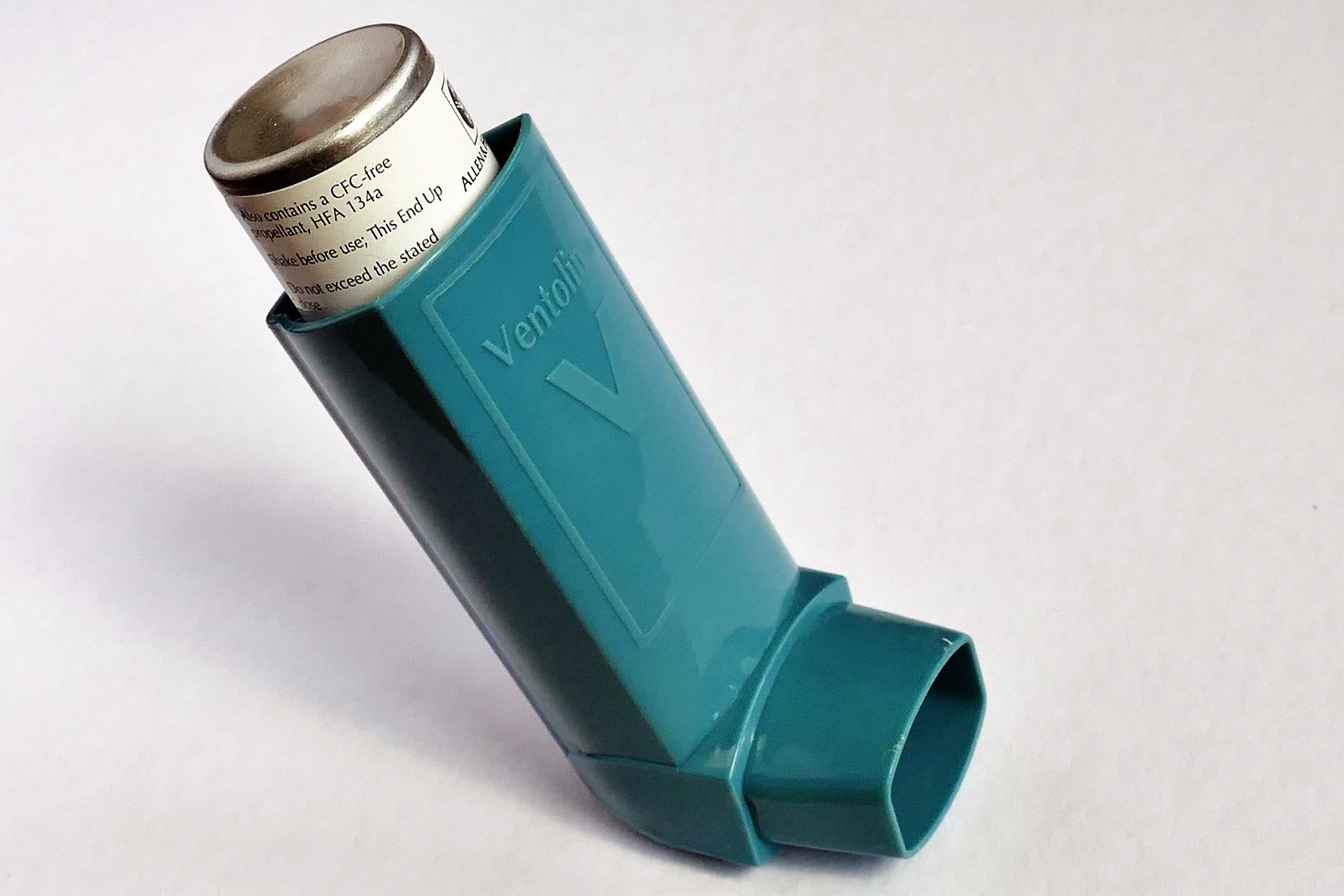SHARES

Parents fear asthma attacks in children. What are asthma facts parents should know, is night coughing a sign of asthma?
Being in the Paediatrics department for four months has taught me a lot of things. I have learned more than I learnt in medical school and gained first-hand experience in managing emergency situations. One of the most common conditions amongst children is asthma. Unfortunately, one of my observations, is how ignorant parents are of the child’s asthma history. This could be dangerous, here are asthma facts parents should know, is night coughing a sign of asthma?
Asthma is defined* as a “chronic airway inflammation leading to increased airway responsiveness that leads to recurrent episodes of wheezing, breathlessness, chest tightness and coughing particularly at night or early morning.” An asthma history will give a general picture of severity, for the doctors to manage your child’s asthma accordingly.
Asthma is more commonly diagnosed among children of 5 years of age and older. Pre-school children are rarely diagnosed with asthma – in comparison, wheezing in pre-school children is categorized as Episodic (viral) wheezes, or multiple trigger wheezes.
Here are 5 asthma facts parents should know, when you bring your child to the hospital for asthma:
- Nebulizer history
A nebulizer is used to administer medication as a mist for inhalation into the lungs, usually given at clinics or hospitals. This is usually the first line of management in an acute asthma attack with rattling lung sounds. After the nebulizer medication has been given, the medical officer would reassess the child’s condition and lungs. If no more lung sounds (rhonchi) are heard and the child is better, the doctor will usually discharge the child. However, if it has gotten worse, the child would the be admitted accordingly.
To assess severity of the condition, questions the doctor would ask with regard to nebulizer include:
- At what age did your child receive his first nebulizer?
- When was the last time your child received his first nebulizer?
- How frequent does he need to get a nebulizer?
- Triggering factors
There are multiple factors which could trigger an asthma attack:
- Infections which are usually caused by viruses such as upper respiratory tract infection (symptoms would be having cough, colds or flu for the past week)
- Allergens-like house dust mites, pets, or pollen
- Exercising
- Emotions – an attack would occur after a child cries for a long time, stressing the body with emotional stress
- Smoking
- During cold weather or consuming cold drinks
- Food additives
- Medications
- The presence of atopy
Atopy is a predisposition towards developing certain allergic hypersensitivity reactions. The three atopies associated with asthma are:
- Atopic dermatitis (Eczema) – a condition where patches of skin became inflamed, itchy, red, cracked, and rough.
- Allergic rhinitis (Hay fever) – a type of inflammation in the nose which occurs when the immune system overreacts to the allergens in the air.
- Conjunctivitis – an inflammation or swelling of the conjunctiva
The presence of atopy in the child or family’s history further supports the diagnosis of asthma. However, absence of these conditions do not exclude the diagnosis.
- Three symptoms – Nocturnal, Daytime and Exercise-Induced
Is night coughing a sign of asthma? With reference to the definition of asthma: “recurrent episodes of wheezing, breathlessness, chest tightness particularly at night (nocturnal symptoms) or early morning (daytime symptoms)”. Besides nocturnal and daytime symptoms, other symptoms that you should be aware of is Exercise–Induced symptoms. Exercise-Induced symptoms occur when the airways become narrow as a result of physical exertion. This will lead to episodes of wheezing, breathlessness, and chest tightness. If your child has any of these three symptoms, inform your doctor about it.
- Family History
Family members who have bronchial asthma is a big risk factor. If you, your partner, or any other children has bronchial asthma, do inform the doctor as he will be able to manage it early and more effectively.
Be more prepared with asthma facts parents should know, when providing history of their children’s asthma conditions. Doctors are not miracle workers. A detailed history would be a big help when diagnosing a patient. It is definitely a good start if parents are able to answer the five questions related to asthma as outlined above.
If you would like to make an appointment with an pediatrician:
Find a paediatrician in Malaysia, on GetDoc
Find an paediatrician in Singapore, on GetDoc
Reference
*Paediatrics Protocol For Malaysian Hospitals (3rd Edition)
Tags
by Azim Nasaruddin
A junior doctor, currently 'slaving' in a Hospital in Johor Bahru, determined to increase health awareness to the Malaysian public through his love and passion in medicine and writing. "“For he who has health has hope; and he who has hope, has everything.” – Owen Arthur View all articles by Azim Nasaruddin.




